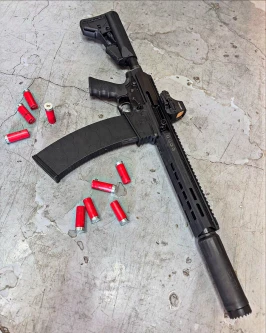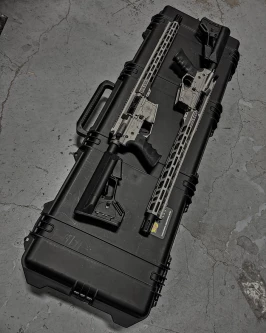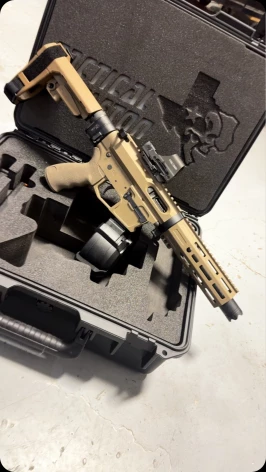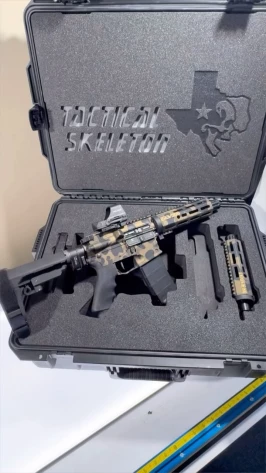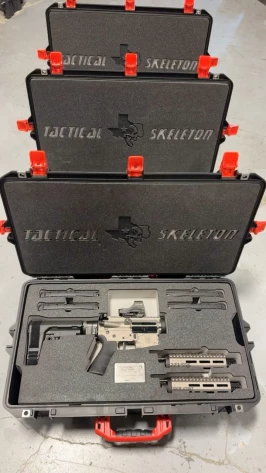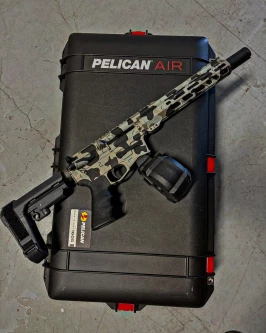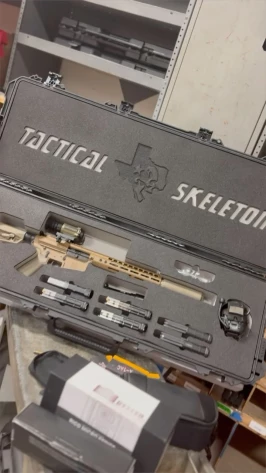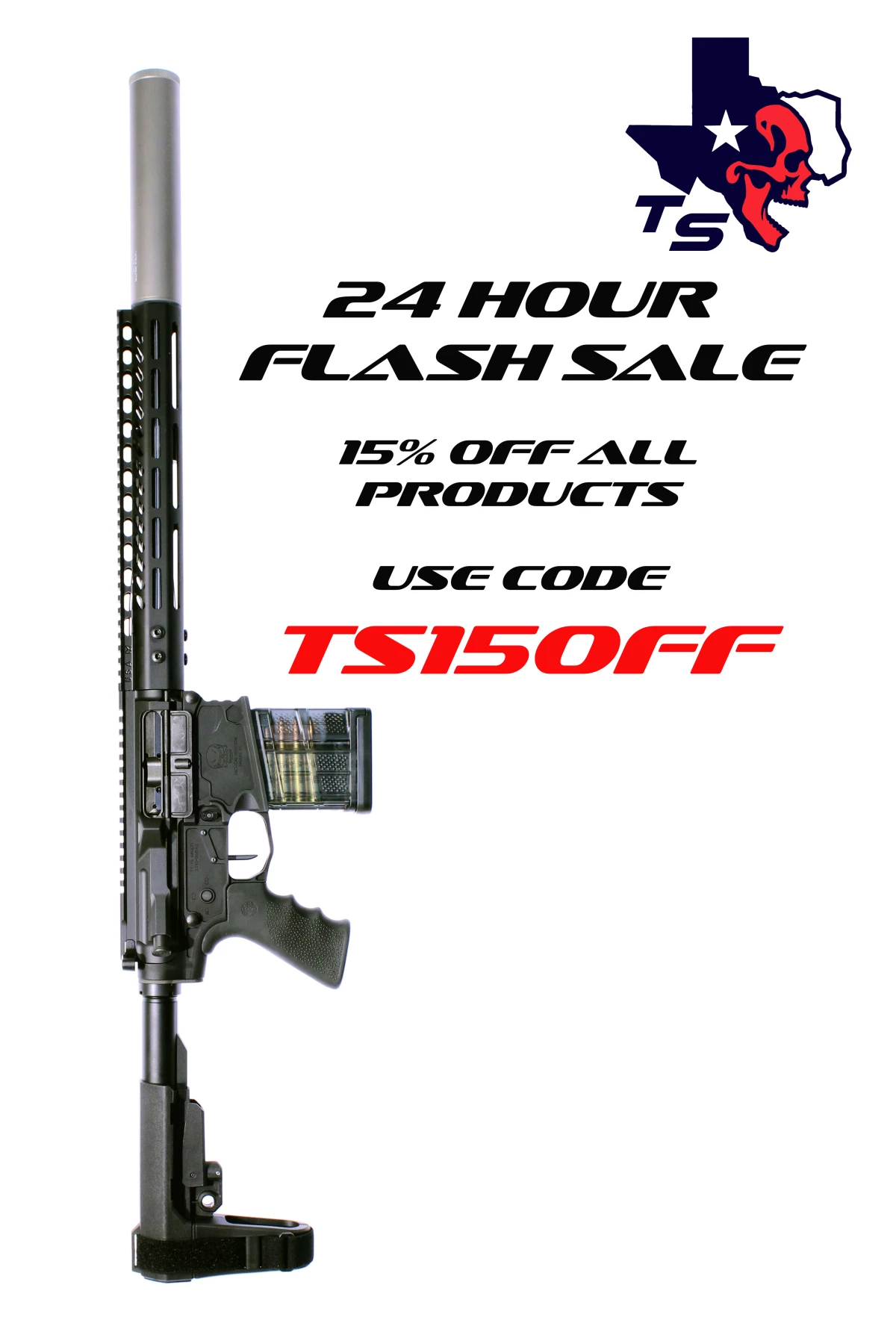In the world of firearm suppressors, material choice is a critical factor that influences performance, durability, and overall user experience. While stainless steel, Inconel, and other materials have their merits, titanium has emerged as a standout option. This blog post delves into the benefits of titanium suppressors compared to their stainless steel, Inconel, and other material counterparts.
1. Weight and Handling
One of the most significant advantages of titanium suppressors is their lightweight nature. Titanium is about 40% lighter than stainless steel, making a substantial difference in the overall weight of the firearm when a suppressor is attached. This reduction in weight enhances maneuverability, reduces shooter fatigue, and improves the overall handling of the firearm, especially during extended shooting sessions or when the firearm is used in tactical or hunting scenarios.
2. Durability and Strength
Titanium boasts an impressive strength-to-weight ratio, providing exceptional durability without the bulk. It is incredibly resistant to wear and tear, making it ideal for high-round-count applications. While stainless steel and Inconel are also known for their durability, titanium's combination of lightweight and strength gives it an edge. Inconel, a nickel-chromium-based superalloy, offers excellent resistance to high temperatures and corrosion, but it is heavier and typically more expensive than titanium.
3. Corrosion Resistance
Suppressors are exposed to extreme conditions, including high temperatures, moisture, and corrosive gases from gunpowder. Titanium excels in corrosion resistance, outlasting many other materials in harsh environments. Stainless steel is also highly resistant to corrosion, but titanium’s ability to withstand more severe conditions without degradation makes it a superior choice for longevity and maintenance.
4. Thermal Conductivity
Titanium has lower thermal conductivity compared to stainless steel and Inconel, meaning it dissipates heat slower. While this might seem like a drawback, it actually helps in maintaining the structural integrity of the suppressor under rapid-fire conditions. Slower heat dissipation means the suppressor stays cooler to the touch for longer periods, reducing the risk of burns and making handling safer immediately after firing.
5. Sound Suppression Performance
The primary purpose of a suppressor is to reduce the noise generated by firing a firearm. Titanium suppressors often provide excellent sound suppression capabilities. The material's unique properties contribute to a quieter shooting experience, though the overall sound reduction also depends on the design and engineering of the suppressor. Stainless steel and Inconel suppressors also offer good sound suppression, but titanium's lightweight and strength can enhance the overall performance of the suppressor.
6. Maintenance and Cleaning
Titanium suppressors are relatively easy to clean and maintain. Their resistance to corrosion and buildup of carbon deposits simplifies the cleaning process. Stainless steel suppressors can also be cleaned effectively, but they may require more frequent maintenance to prevent rust and corrosion over time. Inconel, while highly resistant to corrosion and high temperatures, can be more challenging to clean due to its density and the potential for more stubborn carbon buildup.
7. Cost Considerations
While titanium suppressors tend to be more expensive upfront compared to stainless steel options, their longevity and durability can make them a cost-effective choice in the long run. Inconel suppressors are often more expensive than both titanium and stainless steel due to the complexity of the material and manufacturing process. For many shooters, the initial investment in a titanium suppressor pays off through reduced maintenance costs and longer service life.
Conclusion
When choosing a suppressor, the material plays a crucial role in determining performance, durability, and user experience. Titanium suppressors stand out due to their lightweight, strength, corrosion resistance, and ease of maintenance. While stainless steel and Inconel have their own advantages, titanium offers a balanced combination of properties that make it a preferred choice for many firearm enthusiasts.
Ultimately, the best suppressor material depends on the specific needs and preferences of the shooter. However, for those seeking a high-performing, durable, and lightweight option, titanium suppressors represent a compelling choice.
